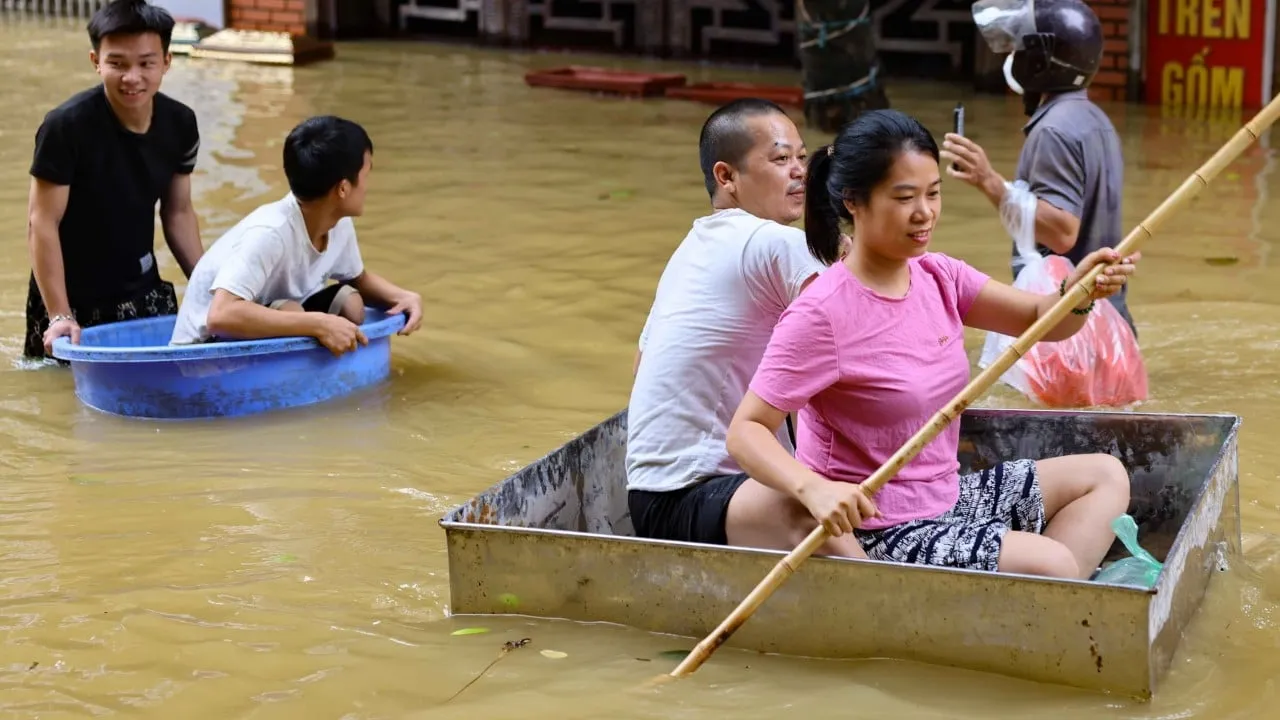Impact of Climate Change on Urban Population and Insurance Companies' Responsibility

Significance of Climate Change on Urban Population
Urban population throughout Asia, particularly in densely populated coastal areas, remains vulnerable to the impacts of climate change. As seen with Super Typhoon Yagi, which recently caused devastating flooding and fatalities, the need for adequate insurance becomes paramount. Reports indicate economic losses exceeding 80 billion yuan just in Hainan, highlighting the pressing nature of this issue.
Insurance Companies' Role in Mitigating Risks
Insurance companies play a critical part in safeguarding middle-class households against unforeseen events. Unfortunately, current insurance penetration in emerging markets like China and India is notably low, hovering around 3%. This figure starkly contrasts with developed markets where the rates range from 8% to 10%.
Challenges and Opportunities in Insurance Awareness
- The rising frequency of natural disasters signals significant risks to public health and livelihood.
- Emerging middle classes remain hesitant to purchase insurance, often due to a lack of awareness.
- Innovative solutions such as microinsurance could bridge the insurance gap.
Conclusion: The Urgent Need for Change
As climate consequences intensify, it is essential for insurance companies to proactively engage with urban populations. Reaching out to households in rural and underserved areas is necessary to ensure that they are adequately protected against the looming threats posed by climate change.
Disclaimer: The information provided on this site is for informational purposes only and is not intended as medical advice. We are not responsible for any actions taken based on the content of this site. Always consult a qualified healthcare provider for medical advice, diagnosis, and treatment. We source our news from reputable sources and provide links to the original articles. We do not endorse or assume responsibility for the accuracy of the information contained in external sources.
This article was prepared using information from open sources in accordance with the principles of Ethical Policy. The editorial team is not responsible for absolute accuracy, as it relies on data from the sources referenced.